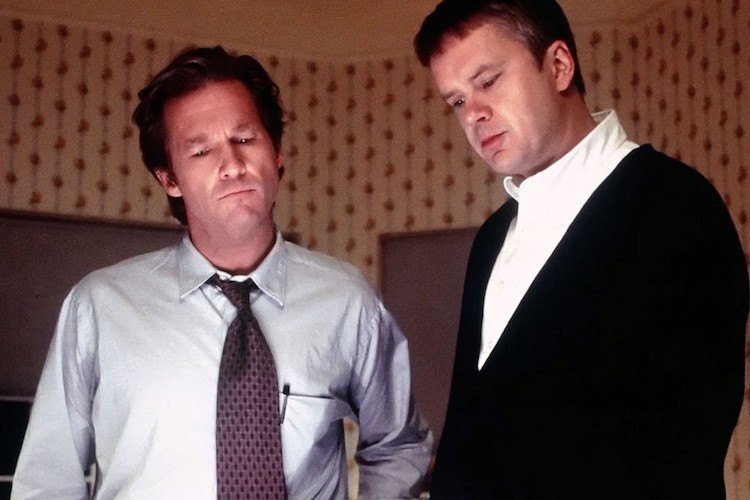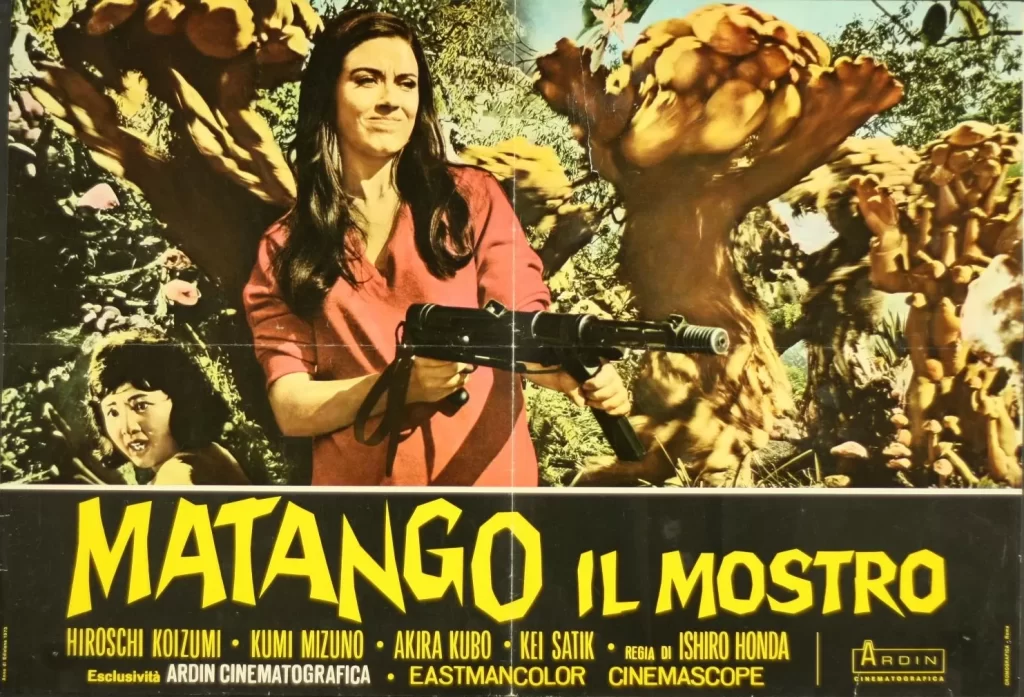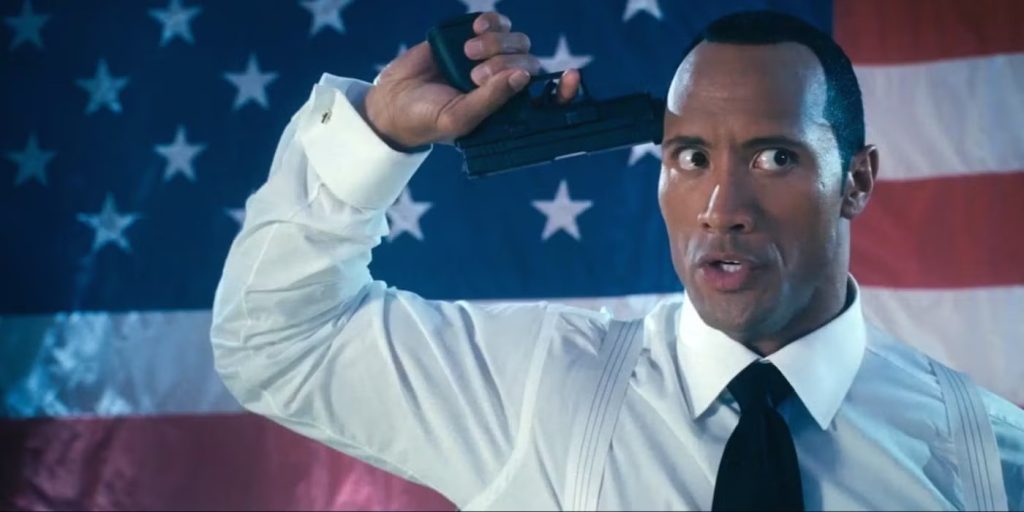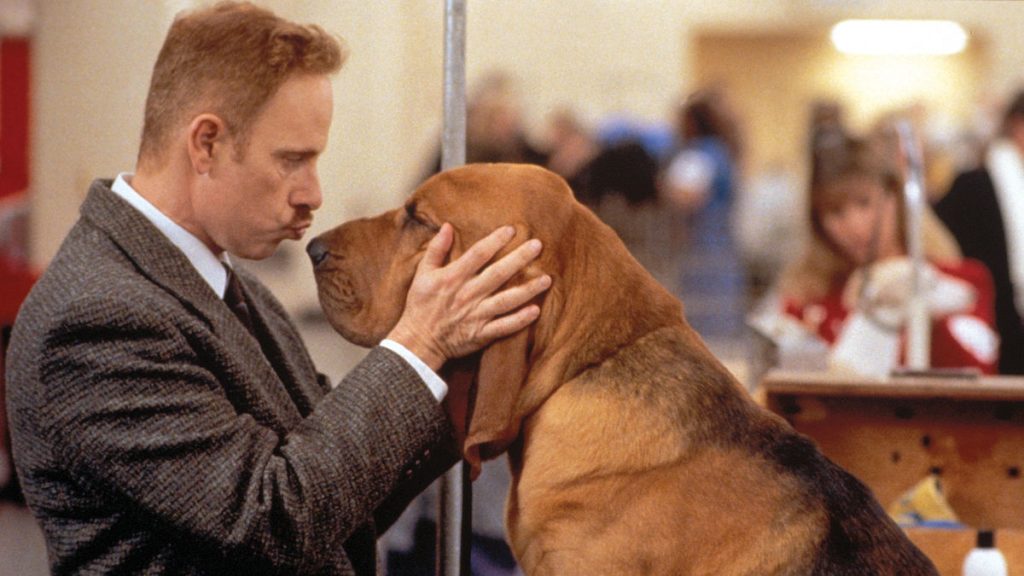1999 is considered one of the strongest years of cinema in living memory. There will no doubt be countless articles in 2019 marking the 20th anniversaries of that year’s greatest hits and examining their impact and legacy.
But this column isn’t about those movies. This column is about the overlooked gems from 1999 — the weird, ungainly, or unjustly forgotten films that don’t usually get listed alongside the established classics, but which are just as deserving of their own retrospectives.
Arlington Road
Arlington Road is not a movie that holds up well on a second watch. Unlike other films with a big twist ending, there aren’t any clever clues hidden in plain sight, no sneaky formalist tricks that reveal themselves upon repeat viewings à la 1999’s other big twisty take on domestic terrorism. Honestly, there’s not even much in the way of foreshadowing. Partly this is because the film is so didactic (its hero is a college history professor, after all) it would never think to allow its audience to figure anything out for themselves. But mostly it’s because the conspiracy at the heart of this conspiracy thriller doesn’t really make any sense (more on that later).
Still, and despite being met with middling reviews and poor box-office, the film, from director Mark Pellington and writer Ehren Kruger, has managed to linger in the minds of those that saw it upon its original release, thanks mostly to its unrelentingly bleak ending. If, like me, you caught it when you were young, it likely left a lasting impression — at least up until you (hopefully) discovered the great paranoid films of the 1970s and realized that everything it attempts to do was already done far better by Alan J. Pakula.
Nevertheless, the effect of Arlington Road’s ending, combined with its focus on what would become the defining global issue of the next decade — terrorism — make it worthy of attention 20 years on.
 Jeff Bridges plays Michael Faraday, a professor of American history who specializes in homegrown terrorism. It’s an issue he has a deep personal connection to, in that his FBI-agent wife was killed a couple of years back during a botched raid on what the bureau wrongly assumed what a separatist compound. Still grieving her loss — though not so much so that it keeps him from dating a young former graduate student (Hope Davis) — and struggling to raise his emotionally troubled pre-teen son, he finds solace in an unexpected friendship with his new neighbors, the Langs (Tim Robbins and Joan Cusack). Things turn dark, however, once Faraday begins to suspect that the Langs are not the Rockwellian picture of domestic bliss he thought they were, but are in fact hiding some dark secrets. As he digs deeper, he uncovers a terrorist plot in the making.
Jeff Bridges plays Michael Faraday, a professor of American history who specializes in homegrown terrorism. It’s an issue he has a deep personal connection to, in that his FBI-agent wife was killed a couple of years back during a botched raid on what the bureau wrongly assumed what a separatist compound. Still grieving her loss — though not so much so that it keeps him from dating a young former graduate student (Hope Davis) — and struggling to raise his emotionally troubled pre-teen son, he finds solace in an unexpected friendship with his new neighbors, the Langs (Tim Robbins and Joan Cusack). Things turn dark, however, once Faraday begins to suspect that the Langs are not the Rockwellian picture of domestic bliss he thought they were, but are in fact hiding some dark secrets. As he digs deeper, he uncovers a terrorist plot in the making.
As noted at the beginning of this essay, Arlington Road is remembered almost entirely for its big twist ending (which won’t be spoiled here). But while the climactic reveal cuts down on the incredulity of the overall plot, it isn’t enough to make the whole thing cohere (the logic of the central scheme just doesn’t chart when you take into account the motivations behind it). The film’s overall viewpoint similarly lacks self-awareness, condemning the extremist ideology of the Patriot and anti-government movements even as it traffics in the same type of false-flag conspiracy theorizing that they do.
That said, because Arlington Road happened to come out during an all-too brief period of respite from terrorism — the nation was a few years removed from Waco, Oklahoma City, and the first World Trade Center bombings, while 9/11 was 2 years away — it comes off very Cassandra-like in its warning. Today, as the danger of domestic terrorism has eclipsed the foreign-born kind thanks to massive resurgence of the Patriot and white nationalist movements, its paranoia seems even more justified, and a few key lines — “Why, in this era of national prosperity, has the anti-government movement been at its peak, and what’s that going to mean when the prosperity fades?” — play as downright prophetic in their specificity.
None of this makes the film itself much better, what with its overcooked dramatics, undercooked logic, and across-the-board room-temp hammy performances. Aesthetically, it’s equally confused: It has all the dearly missed touchstones of mid-budget ’90s filmmaking — long crane shots, tight framing, stately photography — but it’s also laden with a handful of stylistic flourishes that attempt to ape Davids Fincher and Lynch, but end up falling flat.
(The influence of Lynch is particularly evident in the way the film seems to fancy itself an heir to Blue Velvet, complete with its own Angelo Badalamenti score.)
And yet, regardless of its flaws, Arlington Road still makes for an interesting watch. Not unlike 8MM, which appeared in this column earlier this year, that interest is mostly the result of watching a mainstream studio movie tapping in to a dark zeitgeist early and accurately guessing which way the wind would soon blow come the new millennium. Being that, in this case, said wind would carry with it all the ash and smoke of our darkest national moment, the film deserves recognition for its prescience.



